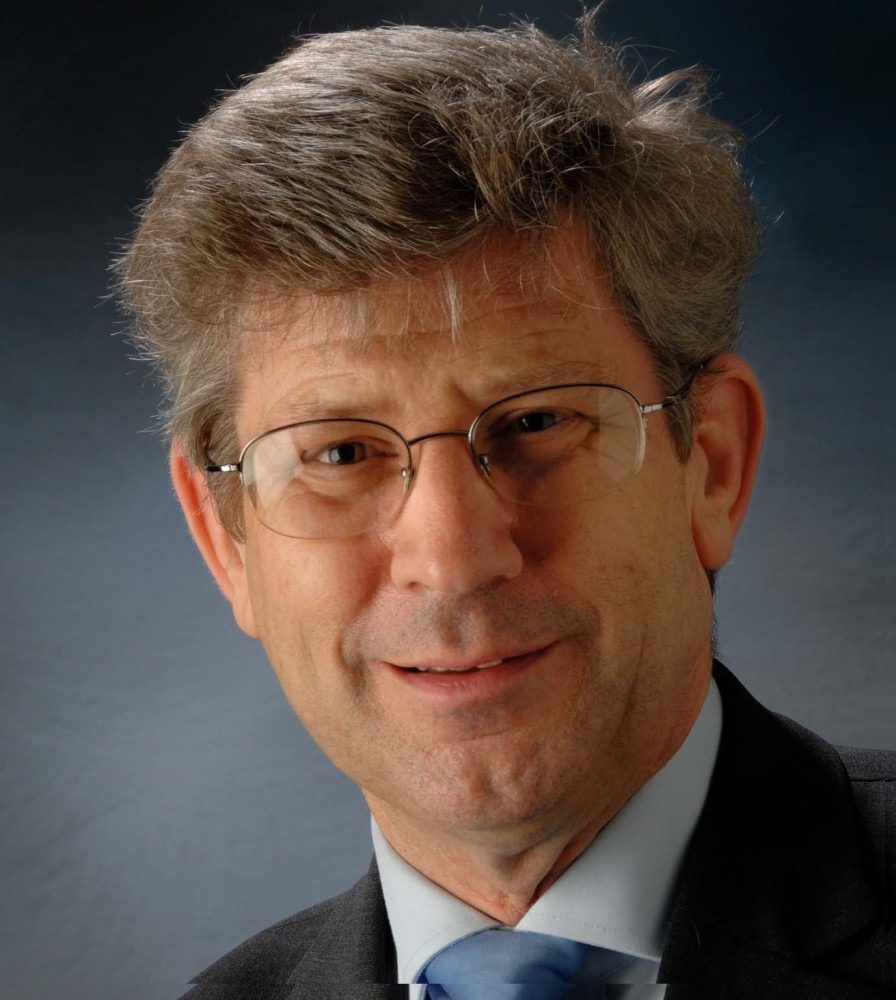TEA in Manchester - Thoughts, Expectations and Assumptions

Last Friday I travelled to Chetham’s School of Music in Manchester to attend a meeting of the Heads of the Music and Dance Scheme (MDS), where I was also treated to a lunchtime public concert. If you decide to read on, may I ask you first to take a moment to consider your immediate thoughts, expectations and assumptions in respect of Chethams, the MDS and lunchtime concerts?
The meeting considered access, inclusion, diversity, social mobility as well as outreach, excellence, progression, pay and conditions for our workforce and much more.
The concert featured Alexander Bone, a 20 year old saxophonist, pianist, composer, arranger and producer based in the UK. Alex had been a Chetham’s student and performed as part of a jazz trio with two of his former tutors – Steve Berry on acoustic bass (linked to an amp, of course) and Les Chisnall on piano. They performed some compositions by Alex as well as some jazz classics. Alex had been a member of the Manchester Jazz Orchestra, the National Youth Jazz Collective, is currently studying at the Royal Academy of Music and is passionate about electronic music production. He has worked in jazz and pop with artists such as Nile Rodgers, Rudimental, Kylie Minogue, Gary Barlow, Liane Carroll and Dave Holland to name check just a few!
How does that chime with your thoughts, expectations and assumptions?
I was inspired. It was wonderful to see such talent and to be reminded again that young people do not compartmentalise or talk about music in ways I often hear when in conversation with others. Back in the 1970s and 80s, as a professional trumpet player, I earned my living playing jazz, pop, and classical music. Like Alex I enjoyed listening to an extensive range of genres and yes, I composed and arranged too. Being able to read music fluently as well as improvise was essential. Knowing how to play Bach and Bernstein stylistically differently was as important as playing differently in a full symphony orchestra, a chamber group or a Big Band.
The Music Curriculum, in and out of school, and the progression routes available to young people who are able to make informed choices about the role the want music to play in their lives is the subject of MEC’s Spring Seminar (London, March 20th) in partnership with the Music Commission. “Whose curriculum – seizing the initiative” (click here to book) is the opportunity for you and your organisation/institution to have in input to the position MEC will be taking as the National Plan for Music Education comes under review. Don’t miss out!
I also had a great cup of tea in Manchester and there will be plenty of tea of both kinds at the seminar too!
Richard J Hallam MBE Chair MEC March 2018
